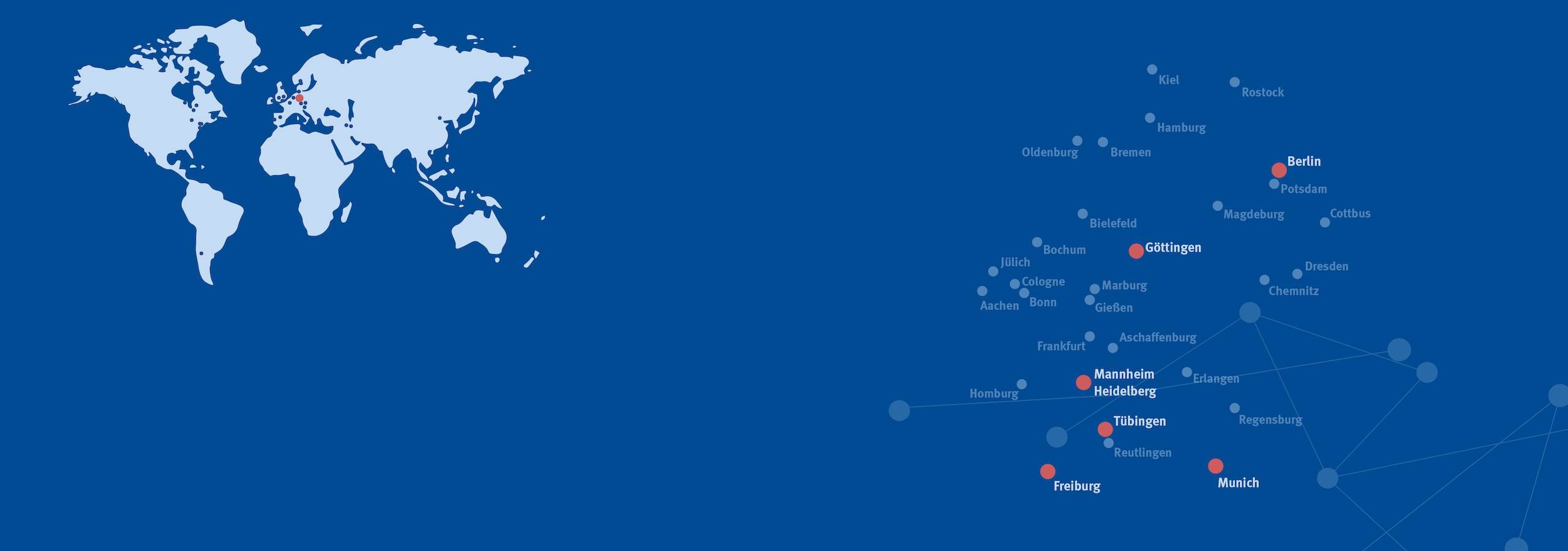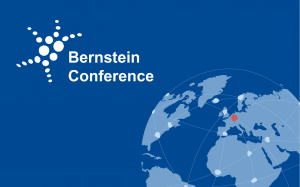Welcome
The Bernstein Network Computational Neuroscience connects experimental and theoretical scientists. It comprises more than 200 research groups and 450 individual scientists from all over the world who combine experimental neuroscientific approaches with theoretical models and computer simulations.
The Bernstein Network was launched in 2004 through a major funding initiative of the German Federal Ministry of Education and Research (BMBF) which aimed at advancing the transfer of theoretical knowledge to clinical and technical applications. The network is named after the German physiologist and biophysicist Julius Bernstein (1839-1917).















